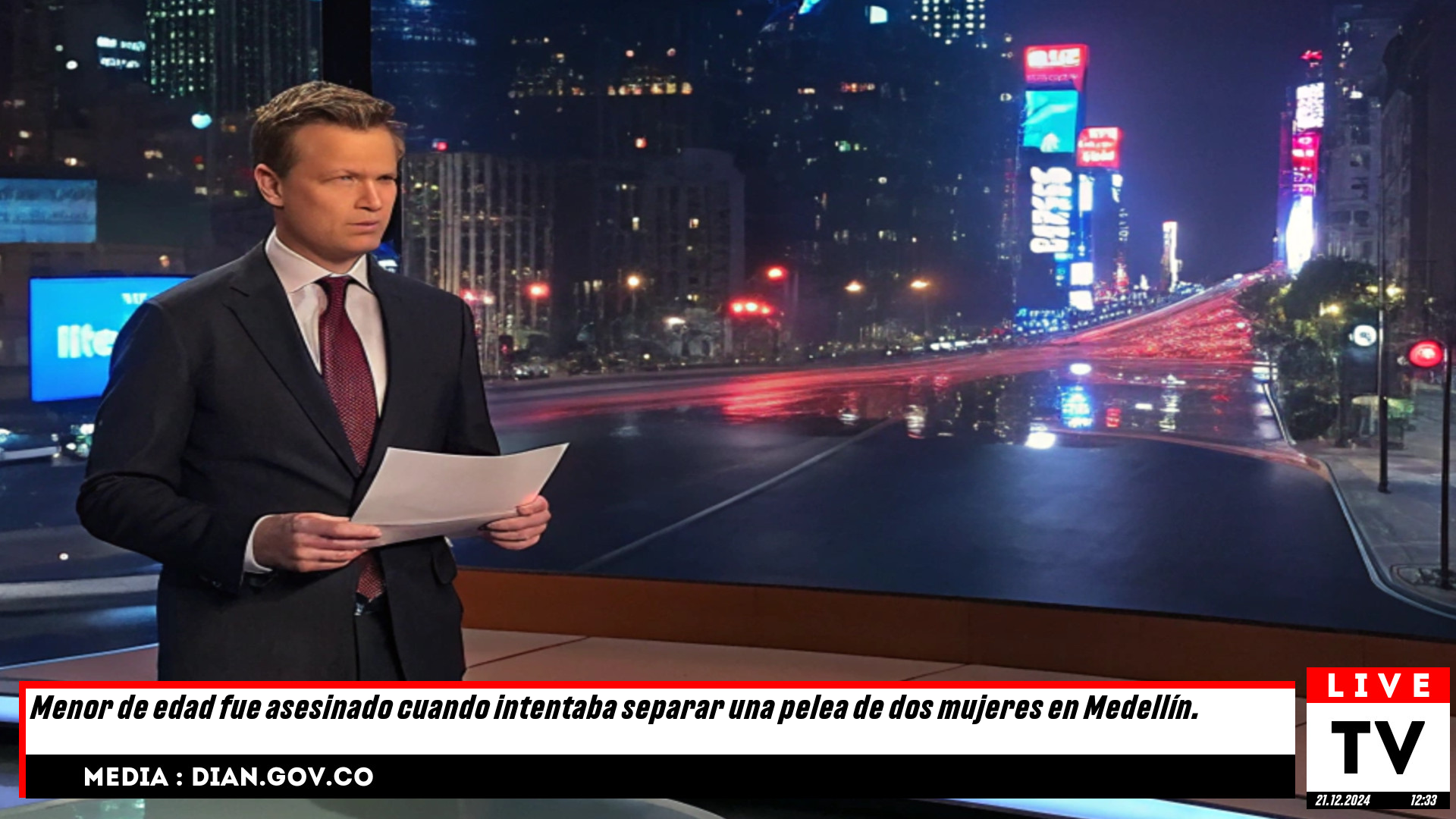"Mexicanos acusan a EE. UU. de tráfico de armas y rechazan la intervención de agentes extranjeros en su territorio" | Internacional | EL PAÍS English

Inseguridad, pobreza y corrupción. Los mexicanos identifican de manera clara las debilidades de su país, y no hay encuesta que sugiera lo contrario. A veces, un problema sobresale sobre los demás, pero esta tríada se mantiene inquebrantable sin importar los años que transcurran. Es inevitable que los mexicanos dirijan su mirada hacia Estados Unidos al abordar estos temas, conscientes de que estos males cruzan la frontera entre ambas naciones. En una encuesta realizada por Enkoll para EL PAÍS y W Radio entre el 12 y el 14 de diciembre, una considerable proporción de los encuestados (72%) atribuyó la responsabilidad del tráfico de armas a Estados Unidos, pero también mostró conciencia de que la colusión con el crimen está arraigada en el sistema político y policial mexicano, en el cual han perdido su confianza. Además, los mexicanos carecen de fe en el sistema de justicia para combatir este flagelo. Y el regreso de Donald Trump a la Casa Blanca no se vislumbra como un elemento esperanzador.
In the battle — sometimes concealed and sometimes out in the open — that the United States and Mexico constantly maintain over the serious problems that they share, Claudia Sheinbaum’s government points to the volume of weapons entering Mexico from the U.S., while the latter protests against the drugs that the cartels introduce into American territory, causing serious addiction pandemics, for example, with fentanyl. When respondents (there were 1,200 personal interviews) were asked about the 70% of weapons that circulate illegally in Mexico, 72% blamed the United States to a greater or lesser extent, while 38% awarded it a high degree of responsibility. That is the message that the Mexican government has been repeating since the previous six-year term, under Andrés Manuel López Obrador, and no one seems to doubt it anymore.
The diagnosis is clear, but the remedy against the violence that comes from this exchange of weapons and drugs is another matter. Insecurity and drug trafficking are underscored as the main problems, a tandem that accumulated 45% of responses; the economy, with unemployment at the top, ranked as the second most widespread problem (27%); and in third place came corruption, which is largely part of the same criminal network, with 14%. But the solution that American leaders threaten from time to time — sending troops into Mexico to end crime — is not acceptable: 58% of Mexicans would not allow that to happen if they were consulted about it. Here, again, we can see the message of national sovereignty that is so often repeated by the governing Morena party. Yet nationalism in this matter is not cut and dried. The idea that collaboration with the U.S. could reduce the violence they experience on a daily basis may be present in the minds of many Mexicans: a considerable 40% would consent to American agents operating in Mexico on these missions.


"Guerreros, reinos en conflicto y vikingos: Así se forjó Inglaterra en una era de violencia" | Cultura | EL PAÍS English
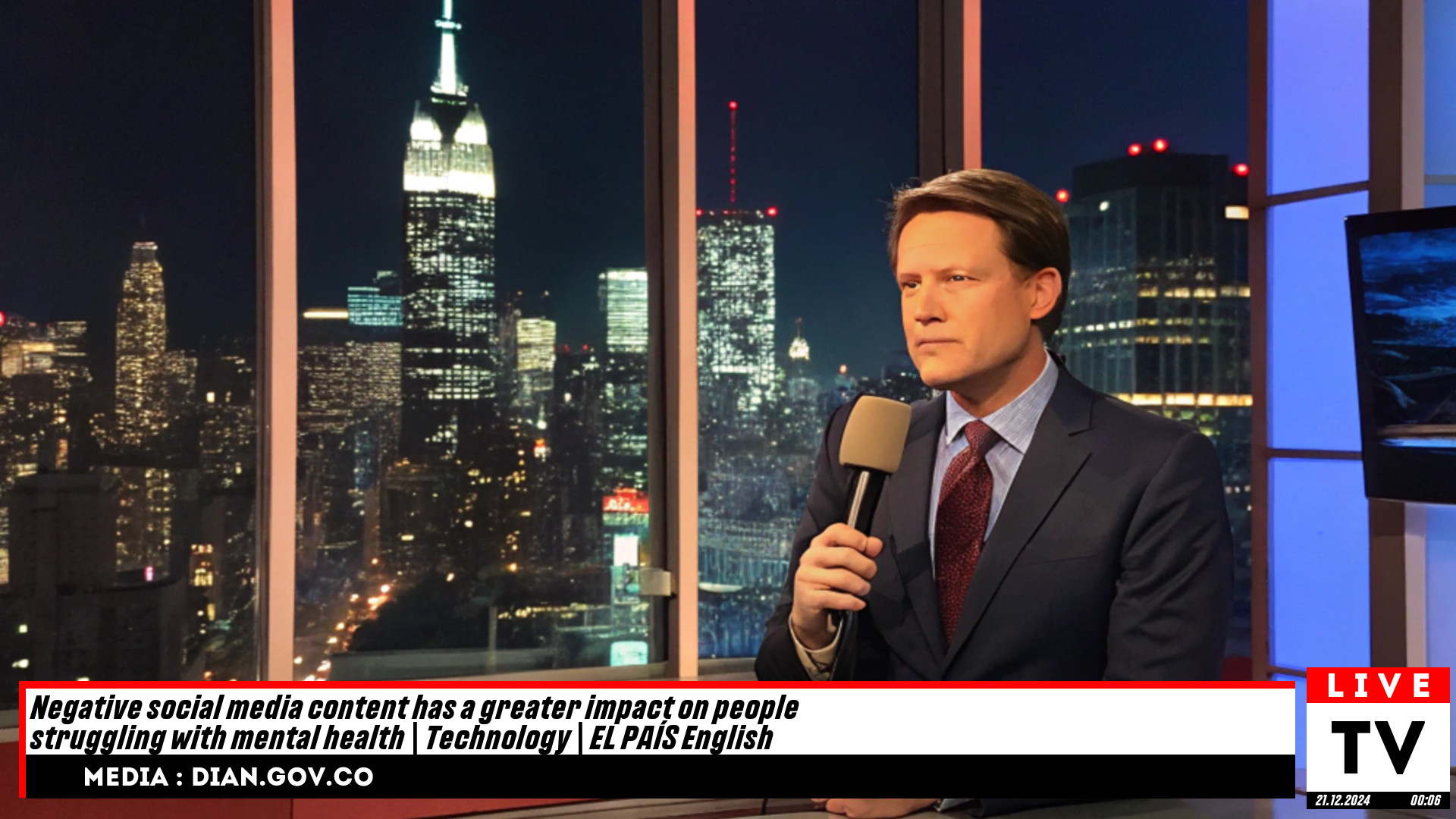
El contenido negativo en redes sociales afecta más a quienes lidian con problemas de salud mental, advierte un estudio.
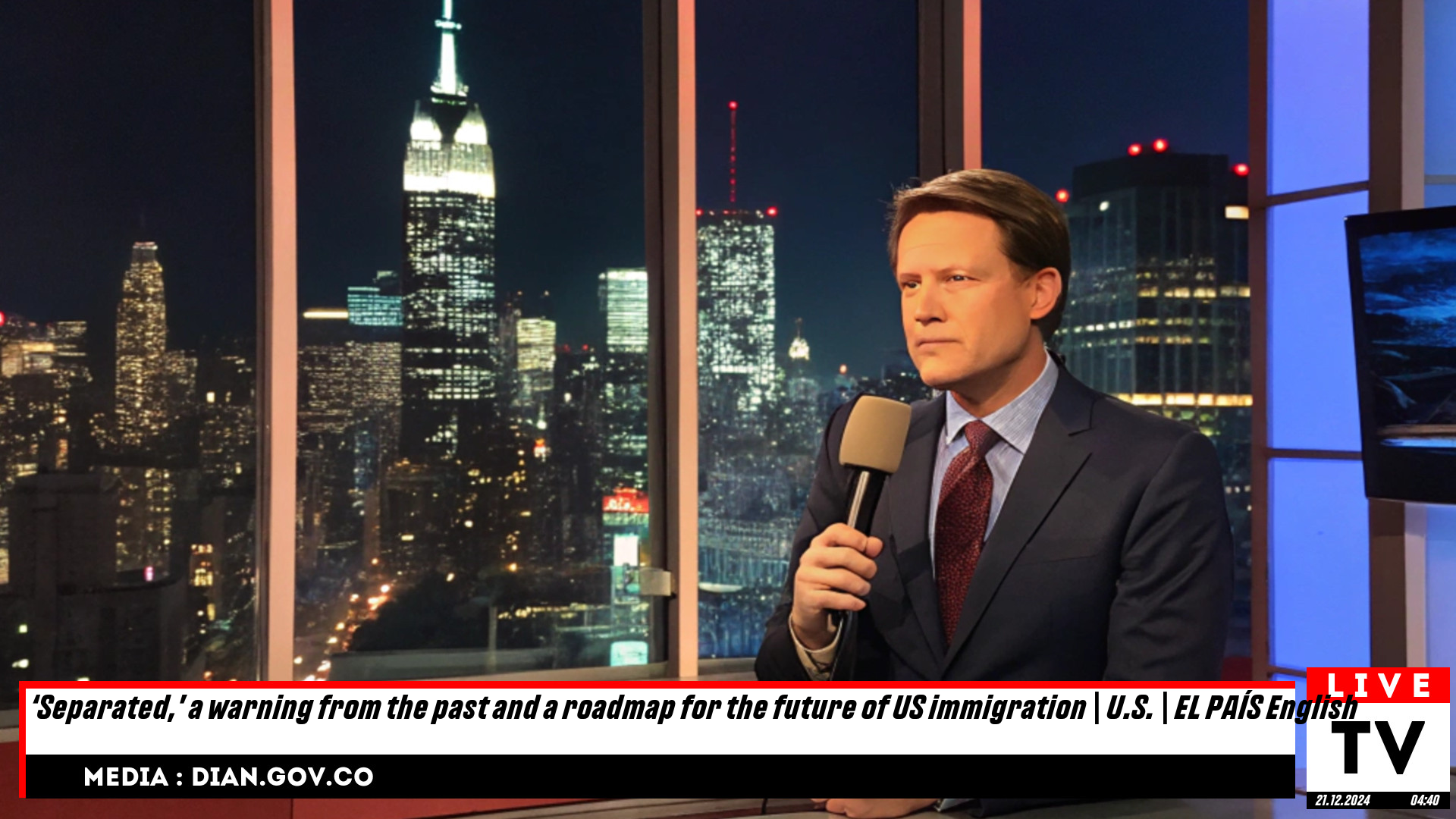
"‘Separated’: Lecciones del Pasado y Claves para el Futuro de la Inmigración en EE. UU."

"Surviving the Darién Gap: A Harrowing Journey Through One of the World's Most Dangerous Regions"
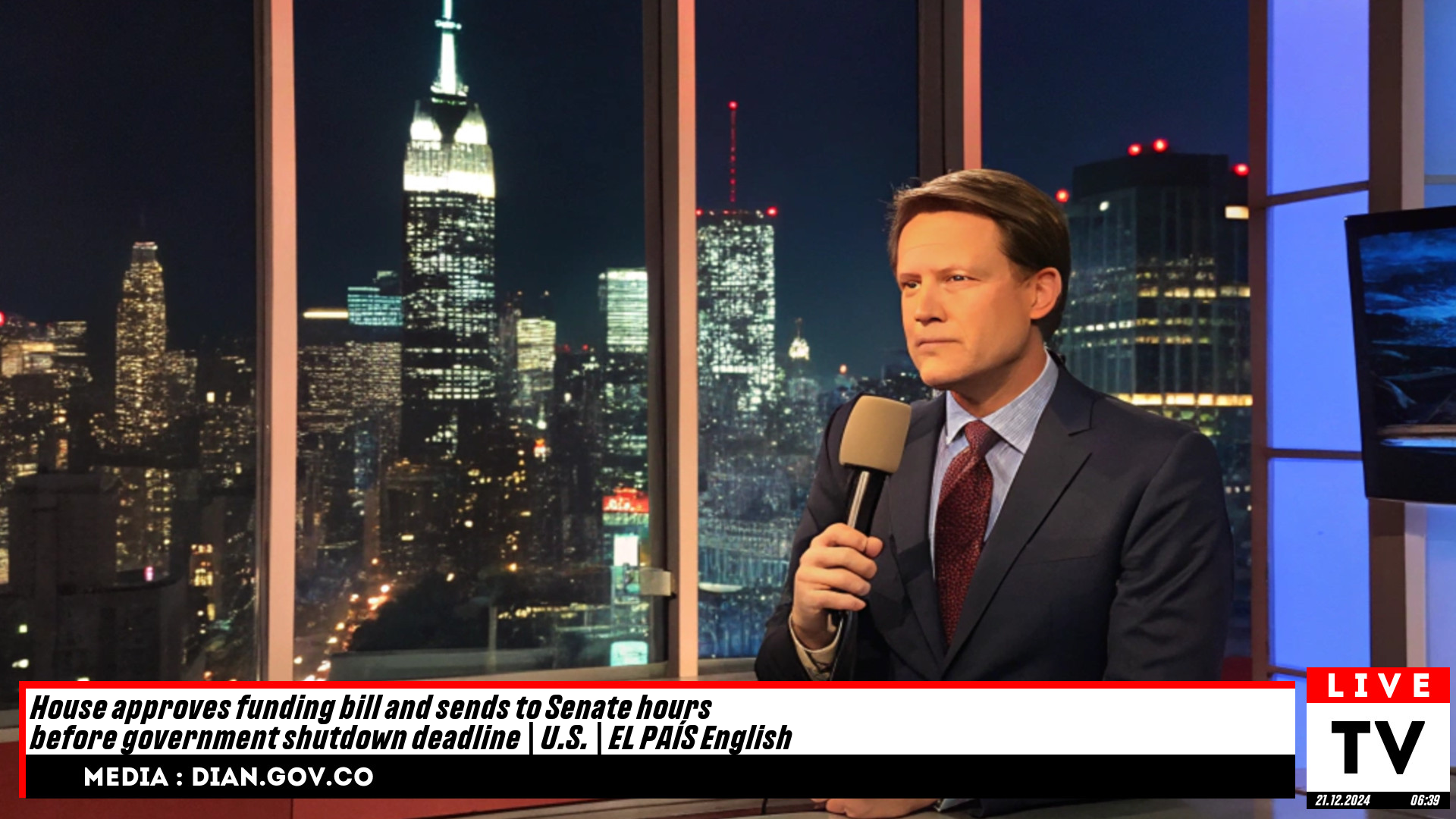
Última hora: Cámara de Representantes aprueba ley de financiamiento y la envía al Senado justo antes de la fecha límite para evitar el cierre del gobierno.
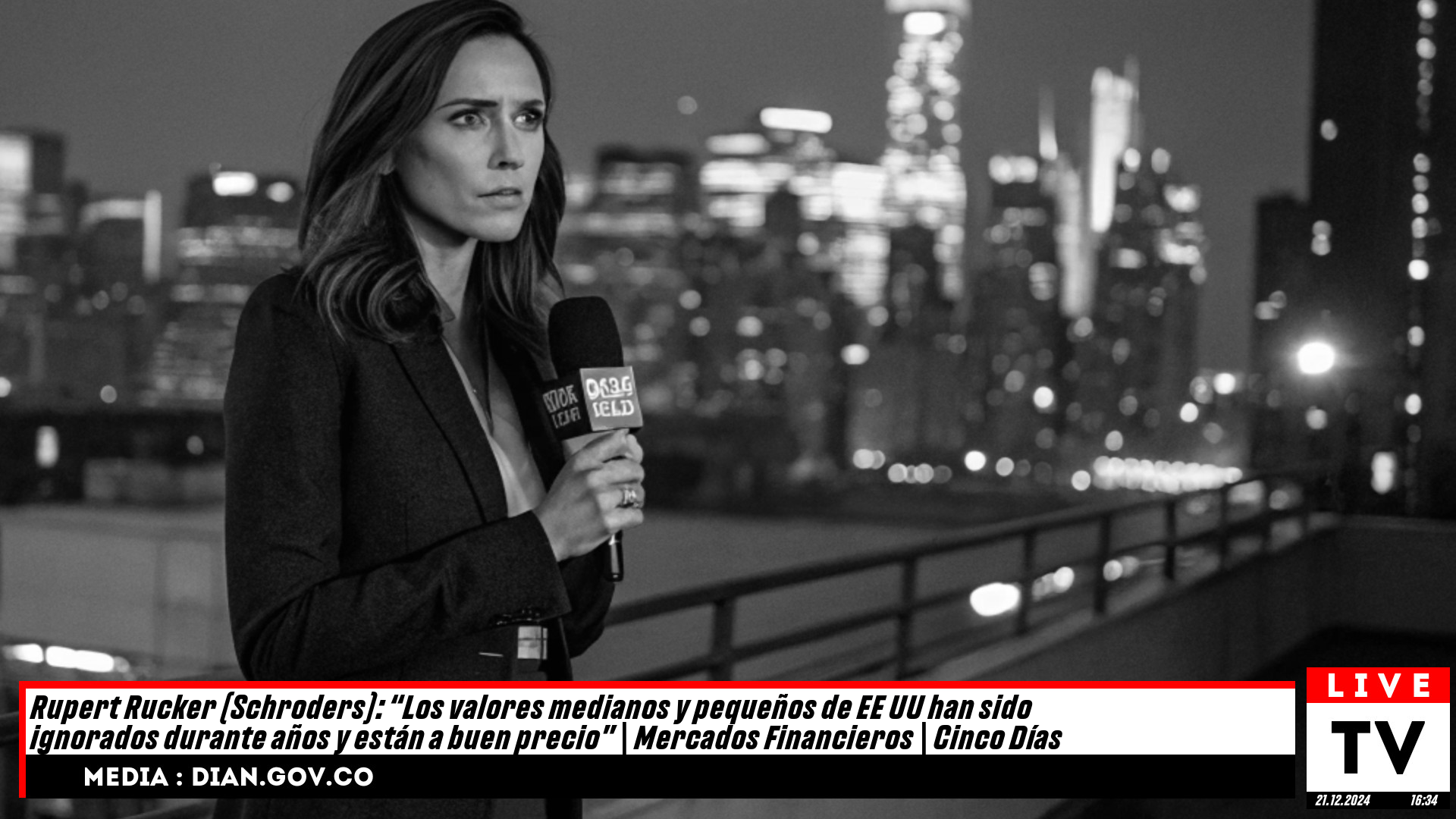
"Rupert Rucker (Schroders) afirma: 'Los activos medianos y pequeños de EE UU, olvidados por años, presentan oportunidades atractivas'" | Mercados Financieros | Cinco Días
